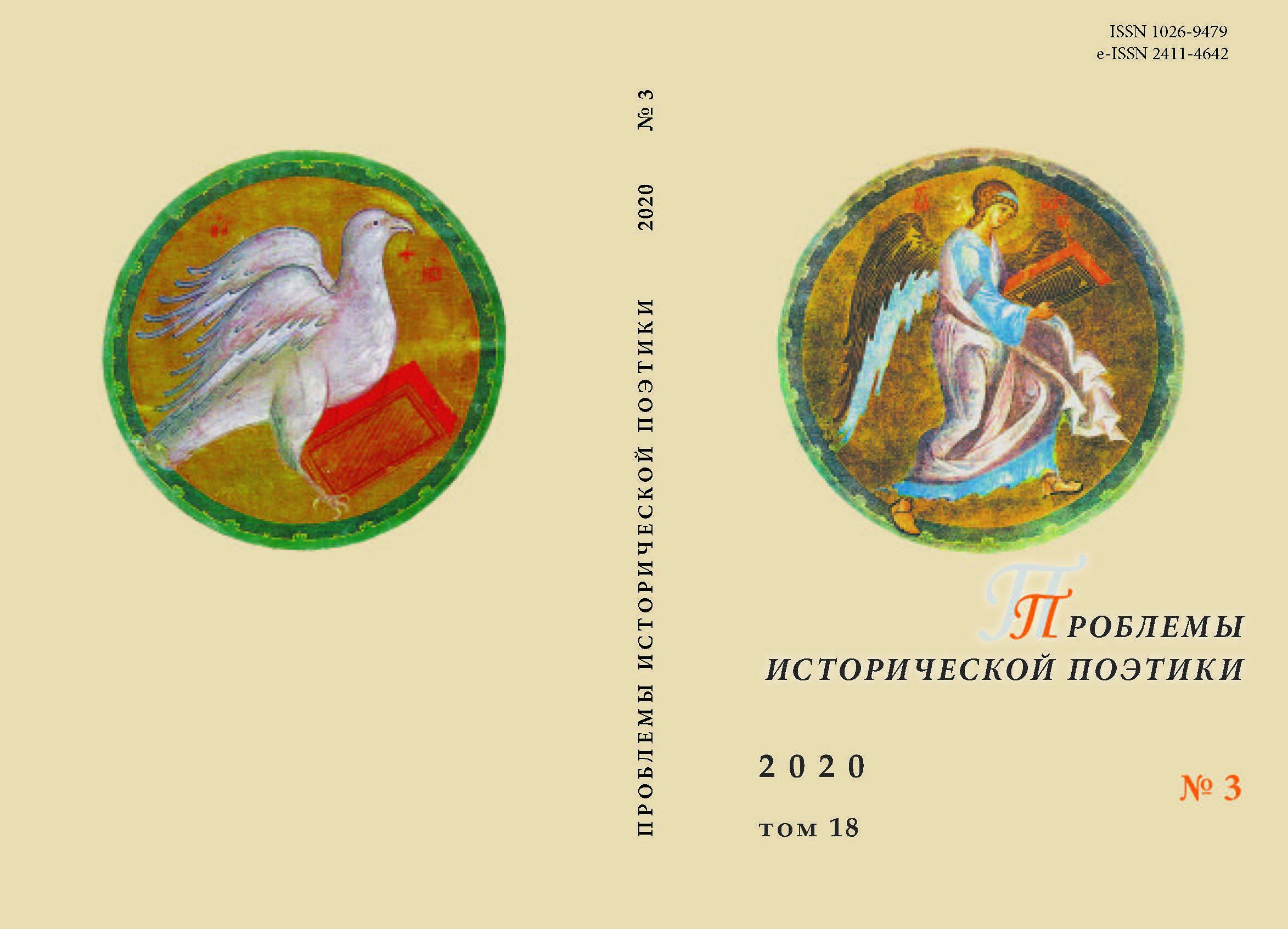ИДИОМА «ДВАЖДЫ ДВА ЧЕТЫРЕ» В РУССКОЙ ЛИТЕРАТУРЕ ХХ ВЕКА
THE IDIOM “TWICE TWO IS FOUR” IN RUSSIAN LITERATURE OF THE 20TH CENTURY
Author(s): Sergey Sergeyevich ShaulovSubject(s): Language and Literature Studies, Literary Texts, Studies of Literature, Russian Literature, Philology
Published by: Петрозаводский государственный университет
Keywords: Dostoevsky; Solzhenitsyn; Pelevin, Bashlachev; “underground man”; “twice two is four”; paskhalnost; Easter ideal; foolishness for Christ
Summary/Abstract: The idiom “twice two is four” along with its variations is seen in the article as a marker of the situation of an “underground man”. In literature of the twentieth century the “underground” in its ethical and philosophical aspects has expanded its meaning, becoming the context of a utopian and antiutopian thought, absorbing the tragic experience of Russian culture after Dostoevsky. Of course, the widespread locution “as sure as twice two is four” does not always point at this variety of meanings, but it can be reached only in combination with the psychological type of the “underground man”. Thus, the image of Stalin in the novel “the First Circle” by Alexander Solzhenitsyn is considered as a variation of the “underground” consciousness. The problems of philosophical, history related to the evolution of this type of consciousness and actualized in this novel, remain important for modern literature. Another version of this philosophical collision is given in Victor Pelevin’s anti-utopian novel “S.N.U.F.F.”. In both of these cases, the situation of the underground person becomes a picture of a psychological and historical catastrophe. The negative development of the analyzed arithmetic formula in Russian literature of the 20th century encourages to look for another pole of tradition outside the “main” cultural domains. One of the variants of a moral escape from the trap of the “underground consciousness” can be found in the poetry of Alexander Bashlachev. The mythopoetical plot of the song “Verka, Nadka, Lyubka” is an exceptional variant of the development of the “underground man” topic. A starting point of the plot is just the formula “twice two is four”. The genre shift from lyricism to allegorical epic gives the poet an opportunity to reconstruct the Easter ideal of Russian culture, even if in a tragic and provocative form, close to the tradition of Russian foolishness for Christ.
Journal: Проблемы исторической поэтики
- Issue Year: 18/2020
- Issue No: 3
- Page Range: 266-289
- Page Count: 23
- Language: English, Russian

